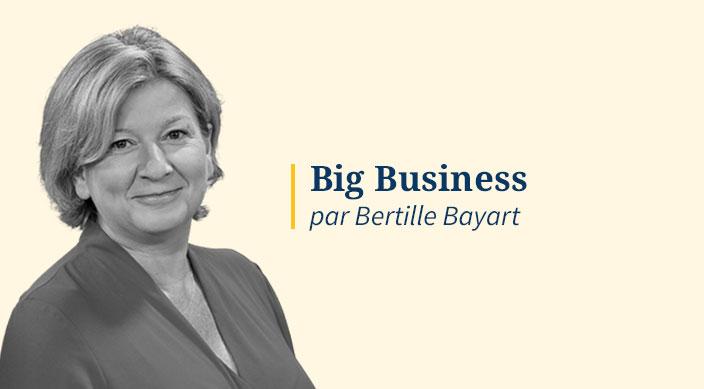Icon: enlarge
An audit office EY
Photo: Political Moments / imago images
It is the iron law of every auditor: Never speak publicly about a mandate.
This also applies to the EY inspectors.
Only that this rule has become an increasingly difficult burden for the company in recent months.
Since the collapse of the payment processor Wirecard, for which EY had audited the annual financial statements for many years, the auditors have been embarrassed in public.
You just can't really say anything, at least nothing specific, to defend yourself.
But now the management has decided to break the silence.
At least towards customers, which include Deutsche Bank, Siemens and Volkswagen.
For the first time, EY comments in the letter on the allegations of having examined too negligently, possibly even having been part of the fraudulent activity, at the end of which 1.9 billion euros of alleged assets had vanished into thin air.
The letter is available to SPIEGEL.
"Many people believe that the Wirecard fraud should have been exposed earlier, and we understand that completely," writes global EY boss Carmine Di Sibio.
He assures you how seriously you take the allegations against the company.
"Although we were successful in uncovering the fraud, we regret that it was not discovered earlier."
One was confronted with an elaborate and sophisticated fraud system that not only EY, but also investors, banks, legal and forensic examiners and state supervisors had not seen through for a long time.
When EY requested bank confirmations for escrow accounts from Wirecard, they would have been presented with forged bank documents, writes Di Sibio.
He claims for his people to have uncovered the falsification of the balance sheet in June of this year - and not the auditors from KPMG, who had carried out a special audit since October 2019.
Suggestions for some kind of reform
In order to clear up such machinations as at Wirecard more quickly in the future, Di Sibio proposes a series of changes in the work of auditors, including more rights to be able to carry out research even in social media or the obligation to use such techniques for auditors every year schools.
In addition, Di Sibio reminds of the responsibility of the supervisory board, which is primarily responsible for rigorously investigating indications of irregularities in the balance sheet.
The EY boss deliberately speaks of regret not having seen through the fraud earlier.
That sounds like a kowtow, but not in a legal sense.
With this formulation he does not take any responsibility.
Because his company has meanwhile been sued for damages by numerous deceived investors, small and large investors.
Years of legal proceedings are threatened, at the end of which the existence of the consulting and auditing company could be threatened.
Especially in the event that an intentionally false test could be proven.
EY denies any involvement in the fraud committed by its employees.
This was announced by a spokesman for the testing company, which is one of the four major providers, at the request of SPIEGEL.
According to the current state of knowledge, the audit procedures were carried out "professionally and to the best of our knowledge and belief".
"Against this background, we firmly reject allegations that extend to the allegation of cooperation," said the spokesman.
Loss of important mandates
For EY, however, it could already be economically difficult.
The first major customers have terminated their mandates because they feared damage to their company's reputation due to the review by EY, or to avoid conflicts of interest.
It is particularly painful for EY that Commerzbank has terminated it.
This is partly owned by the state.
Industry experts also suspect the Federal Ministry of Finance as the administrator of this federal investment behind the termination.
Finance Minister Olaf Scholz (SPD) has come under considerable pressure in the Wirecard affair, especially because he is subordinate to banking supervision.
But Scholz also has to put up with accusations from the opposition.
After all, he campaigned for Wirecard with the Chinese government last year.
A parliamentary committee of inquiry is supposed to clarify the allegations that the social democrat should have stopped much earlier.
There have been numerous indications of balance sheet manipulation, including by EY.
In an extended audit report for the 2018 financial year, the inspectors dealt with the allegations on several pages, but were unable to substantiate them and audited Wirecard's balance sheet.
The Treasury Secretary and his party could target EY as the main culprit to distract from their own failure.
The company could therefore also threaten to lose further mandates with companies that are under state influence, such as Lufthansa or Deutsche Telekom.
At EY, that seems to have been the decisive factor in ending their own silence.
In his letter, EY boss Di Sibio therefore invokes the 100-year-old tradition of his company in Germany and promises "to continue to be unconditionally and uncompromisingly committed to this trust".
Icon: The mirror














